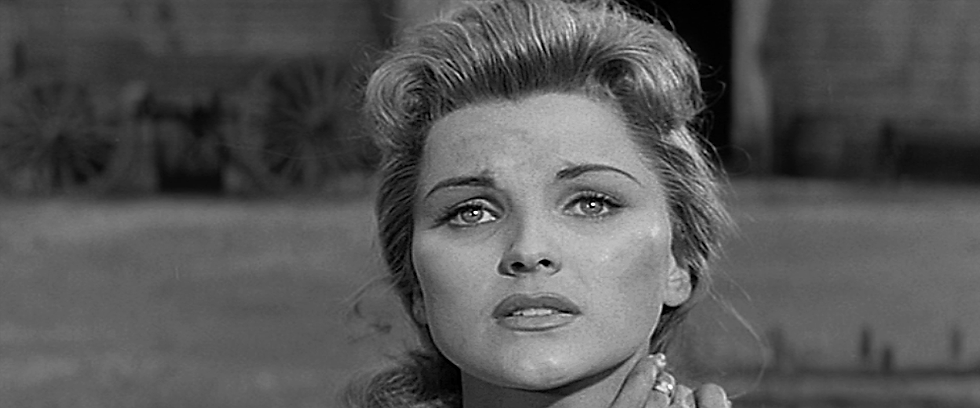The Dark, Debra: An Interview with Dina Yanni
- Tokyo Cine Mag
- Jan 15, 2023
- 4 min read

Tell us about yourself. How did you become an artist?
To this day, I think the way I invaded the art field was kind of kismet. From childhood on, I loved old Hollywood movies and really delved into the whole atmosphere of the charismatic stars and the glamour associated with them. When I later decided to study Political Science I was basically a human archive of pop culture. I started to learn how power operates and how it can be subverted. I also learned that pop culture is an arena of the fight over meaning, as Stuart Hall framed it, and thus the powerful site to appropriate and subvert social norms and conventions. This realization led to the desire to create media myself and to interject alternative meanings into the discourse.
What was your first job in the art field?
I had a job in the art field in a more broad sense before I was pursuing art myself. I was a programme specialist for culture with UNESCO Austria which allowed me to get in touch with a lot of artists in many different fields. I think that this job actually contributed to me wanting to be an artist, not so much because of the interesting people I got to know but more because I was unhappy with my job and I knew I would end up doing something far more relevant.




What makes you want to tell stories? In other words, what are the themes/issues you want to incorporate into your work?
My process of film/video-making involves the work with existing materials. By changing and re-arranging existing works, a new work emerges with its own rhythm and new history. The remix also contradicts the idea that the meaning of a work is fixed forever and can only exist in one context. Instead, remix-films circulate alternative narratives of well-known works all the while being suspicious of conventions and authority. They work with aikido-like methods, taking the codes of their source and directing them against their original meaning. By the way, the video remix has its roots in Hip-Hop. Both types of the remix are sample-based and critical of the status-quo.
Please tell us about your vision and your method of approaching a new project?
It always starts with the material that compels me. I love the aesthetics of the Elvis movies, the Golden Age-movies. Elvis has been a central theme in my latest and current work, visually as well as in my writing. „The Dark, Debra“ is a cut from Elvis’ first movie „Love Me Tender“ from 1956. After I am completely passionate with the samples, I then dig into the „text“ of the material. The process of analyzing for example a movie can be compared to reading texts, recognizing a subtext, and the dominant discourses of the text. I then take these norms on which a piece of images is based, and twist and sabotage them. I also hope to do so in an entertaining way, because I do think art should be entertaining.
Who are your filmmaking influencers? What are the films that were influential for you?
I definitely admire the icons like Maya Deren or Dara Birnbaum. There are also so many contemporaries who produce great work, i.e. the art collective Soda_Jerk or the artist Donna Kuhn. Generally, I am interested in stories from a marginalized point of view.
How do you think the industry is changing? How has COVID affected independent filmmaking/creation?
Covid has really shifted the festival scene to online events. They are of course more accessible, at the same time the feeling of a live screening and being a part of the community created at the festival is very special. But festivals had to adapt or face cancellation.
What advice would you give to aspiring artists? What are some of the things they must follow/avoid?
I don’t see myself in a place of authority to lecture others. I wish many other people would feel that way as well. There are so many different traces of live that require different answers to that question.
Do you think films/stories can bring about a change in the world?
Remix works are responses to pop culture, which is a mirror of society. Because they read against their source, remix-works produce multiple and ambiguous concepts of identity, disrupting the fixed categories on which domination and oppression are based. I believe that films are evidence of a specific time and space, and as such they are historical documents. Even a fictionalized film is influenced by its environment and leaves traces of such. If we twist conventional narratives, we can radically change the way we think about categories like gender or race.
What do you think people like to watch these days? Has the pandemic changed people's taste?
I can only speak from my subjective experience and my field of practice. Not the pandemic, but the radical democratization of media production has definitely caused a major shift in Avantgarde film. Sophisticated image editing software like After Effects allows us to play with the meanings of space and time. I see Debra having a panic attack right now, not some 70 years ago, when the original movie has been shot.
Please tell us about your upcoming projects.
I’m currently in the process of finishing a video piece which samples each and every one of the 31 Elvis movies. Without saying too much, it will be a hopefully revealing collage in Technicolor aesthetics.





Comments